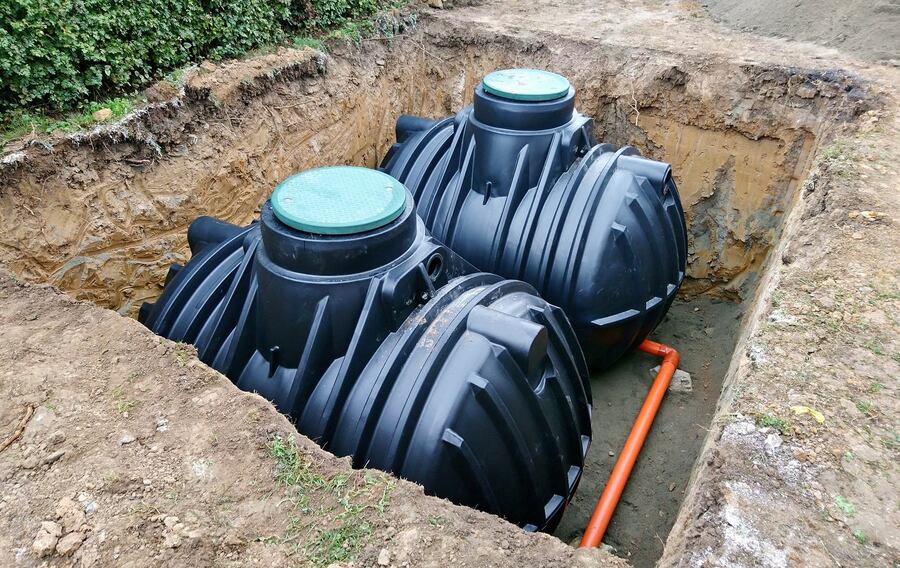14 May 2024
Are Shared Septic Tanks a Good Idea?
Shared septic tanks, also known as communal or multi-household septic systems, are a concept gaining attention in certain communities as a cost-saving and space-efficient solution for wastewater management. However, the decision to opt for shared septic tanks comes with its own set of considerations and implications. In this article, we delve into the pros and cons of shared septic tanks to help you determine whether they are a good idea for your situation.
Pros of Shared Septic Tanks
- Cost Efficiency: One of the primary advantages of shared septic tanks is cost efficiency. By pooling resources and sharing the expenses of septic tank installation, maintenance, and repairs among multiple households, individual financial burdens are reduced.
- Space Conservation: In densely populated areas or communities where space is limited, shared septic tanks offer a space-saving alternative to individual septic systems. Consolidating wastewater treatment facilities reduces the need for multiple septic tanks and drain fields, freeing up valuable land.
- Professional Maintenance: With shared septic tanks, the responsibility for maintenance and upkeep typically falls on a designated septic company or management entity. This ensures regular septic tank pumping, cleaning, and inspection by trained professionals, minimizing the risk of system failures and costly septic tank repairs.
- Environmental Impact: Properly managed shared septic tanks can contribute to environmental conservation by effectively treating wastewater and preventing pollution of groundwater and surface water sources. Implementing eco-friendly practices such as routine septic tank cleaning and inspection promotes sustainability.
Cons of Shared Septic Tanks
- Dependency on Others: Shared septic tanks rely on cooperation and compliance from all participating households. Disputes or negligence among residents regarding maintenance responsibilities or wastewater disposal practices can lead to system failures and health hazards.
- Risk of Overload: In communities with fluctuating population densities or seasonal variations, shared septic tanks may be susceptible to overload during peak usage periods. Insufficient capacity or inadequate maintenance can result in backups, odors, and contamination.
- Limited Control: With shared septic tanks, individual homeowners have limited control over maintenance schedules, repair decisions, and system upgrades. Dependence on a centralized management entity may lead to delays or compromises in addressing specific household needs.
- Cost Allocation Challenges: Dividing expenses and determining equitable cost-sharing arrangements among participating households can be challenging. Factors such as household size, water usage, and property ownership may influence contribution calculations and lead to disagreements.
Considerations for Shared Septic Tanks
- Legal and Regulatory Compliance: Before opting for a shared septic tank system, ensure compliance with local regulations, zoning ordinances, and health department requirements. Obtain necessary permits and approvals to avoid legal issues and potential penalties.
- Clear Agreements and Communication: Establish clear agreements and communication channels among participating households regarding maintenance responsibilities, cost-sharing arrangements, and dispute resolution mechanisms. Promote transparency and accountability to foster cooperation and harmony.
- Professional Management: Engage a reputable septic company or management entity with experience in overseeing shared septic tank systems. Choose a provider that offers comprehensive services, including septic tank pumping, repair, cleaning, and inspection, to maintain system integrity.
- Regular Maintenance: Prioritize regular septic tank pumping, cleaning, and inspection to prevent system failures and ensure optimal performance. Implement a proactive maintenance schedule with Rooter Septic Services and educate residents on proper wastewater disposal practices to prolong the lifespan of the shared septic tank system.
By carefully weighing the pros and cons, addressing potential pitfalls, and implementing proactive maintenance practices, shared septic tank systems can offer a viable alternative to individual septic systems.
